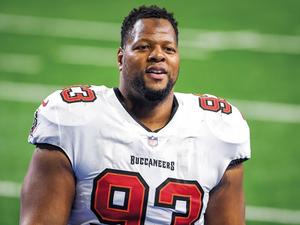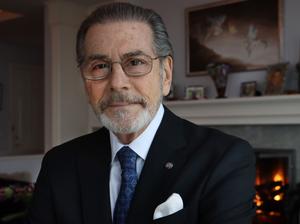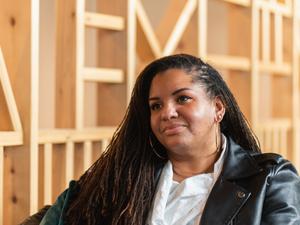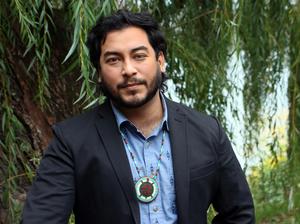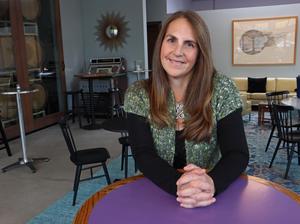I think I say this every year, but one of my favorite PBJ features to write are the PBJ Interviews.
It’s a standing feature in the paper where we talk to a business and community leader about what they do, what drives them and who they are. It’s not always a “hard news” story, but it’s just as important because it always sheds light on topics, trends or other ideas that are important to community members. It’s also a way to get to know our neighbors.
This year, I talked to folks about building community, pushing philanthropy and how Portland comes through these trying times.
First up, a chat with Tory Campbell, who at the time was economic development director at Prosper Portland. He is now senior associate executive director of experience at Oregon State University. He’s still founder of Felton and Mary’s.
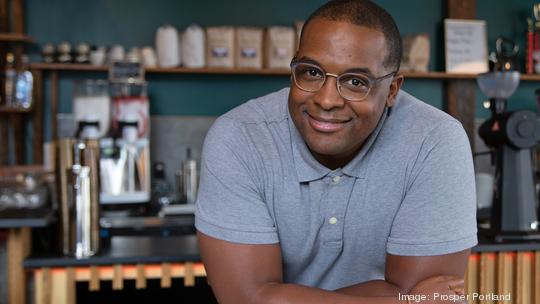
Early in your career you spent time as a pastor in different congregations, first in Corvallis and then in Portland, I’m curious how and why you transitioned from faith to economic development? “The constant threads through (my) work and activity center on people, really, at the end of it all and service to people. Obviously, with a pastor, it’s most intimately around matters of faith and spirituality. But it's in doing that, helping people figure out how to live their best life, how to live in community, how to have an approach in life that is filled with hope and being restorative to the pain that we might feel. As a pastor, it also meant I had to grow the necessary muscles around empathy, compassion, forgiveness — really the necessary skills of dealing with the human condition.”
Intel Foundation’s Pia Wilson-Body on empowering others
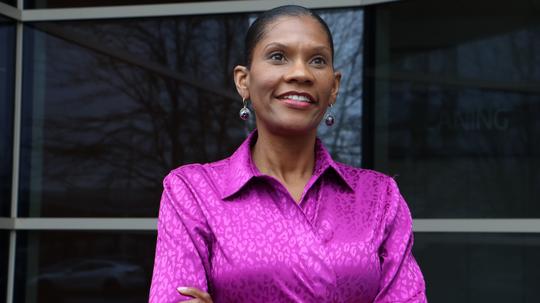
What do you see as the role for technology or any large company in the community? “I’m a strong believer in public private partnerships. I just think tech companies have a great opportunity to co-create and collaborate with community partners. But, to be successful we must be good listeners and I say listeners with a capital L so we can co-create a solution that’s going to meet the needs of the community.”
Latino Network’s Tony DeFalco on finding community and the reality of La Plaza Esperanza
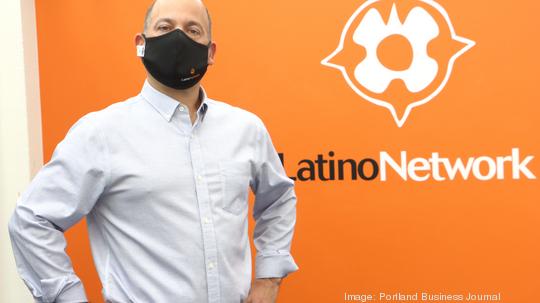
Do you see the dynamic that for so long has made it hard for people of color to find community here in Portland start to shift? “I think it’s a mix. In some ways it’s even more challenging with rising property values in Portland, in particular. But the reality is the demographic shift has been going on for a while and it’s not going anywhere. Fifty percent of school aged kids across the state are going to be kids of color by 2030 and the Latinx population is driving that growth. The resilience and all that advocacy by communities of color for so long has finally led to some beginnings of institutional change.”
Endeavour Capital has a new $850M fund. We talked with co-founder John von Schlegell
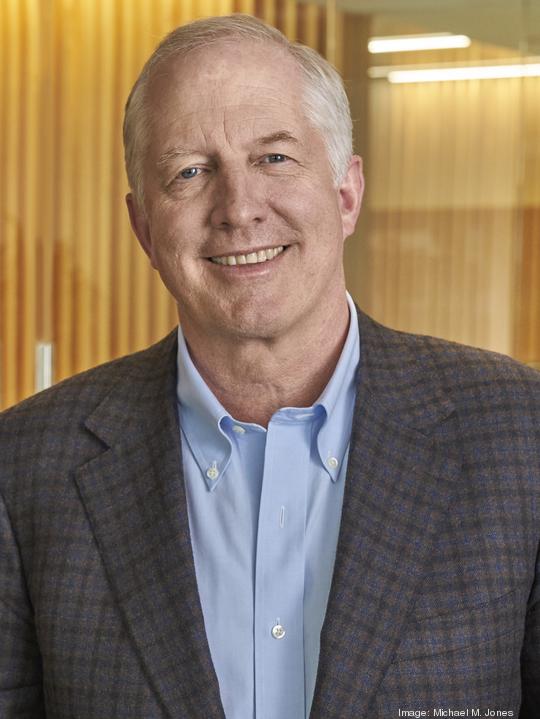
Looking at the Northwest business landscape over the last 30 years, what has surprised you? “I’ve been pleasantly surprised to see the number of software companies and people that want to escape California and Silicon Valley and have come up here. We have a busy technology focus with a couple of our younger partners. They aren’t doing startups, but companies that are profitable and have a chance of really going to that next level.”
Seeding Justice’s Se-ah-dom Edmo on how big “P” philanthropy is failing victims of social injustice
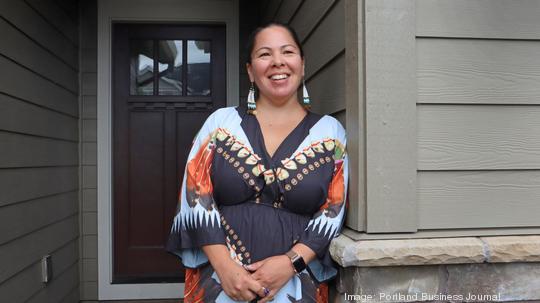
As we emerge from the Covid-19 pandemic, what is the role of philanthropy? “I think there are a few lessons that we haven’t quite realized in Philanthropy, with a large P. And the first is that we exist to serve the movement for justice. We exist because there are inequities in our society. We exist to ensure those inequities don’t exist any longer. And in large part Philanthropy has not done a lot to move money into movements for change and shift power in decision making. How are we (Philanthropy) doing on closing the wealth gap? Not very well. We have only seen it grow. We have these big Philanthropic institutions nationwide, and regionally, who quite frankly have largely failed at their primary job.”
On Punk and social justice with Western States Center’s Eric K. Ward
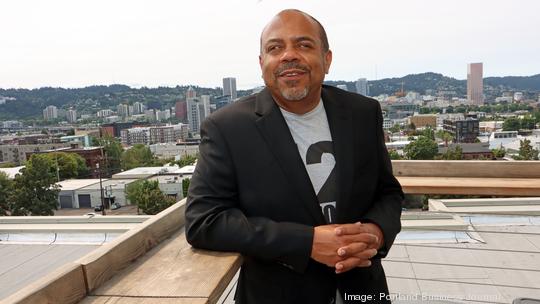
You have spent a career organizing, working for civil rights and racial justice. You’ve also been steeped in music, particularly the punk scene growing out of the 1980s, how has that influenced your world view? “It still means everything to me. Punk music in Los Angles when I came up, it was very diverse. More diverse than what it is today. It was not uncommon to see folks of color in the crowds or up on stage or running the club. The United States was segregated in the early ‘80s, late 70s and these spaces looked truly more inclusive. Punk rock has always meant inclusion to me but it’s also meant a DIY ethic, which means we’re all responsible in building a better community or a better scene. We don’t wait around for folks to tell us how to do that. You try to breathe values and you don’t see tolerance as a weakness.”
Charlie Kawasaki on mentoring and lucky breaks
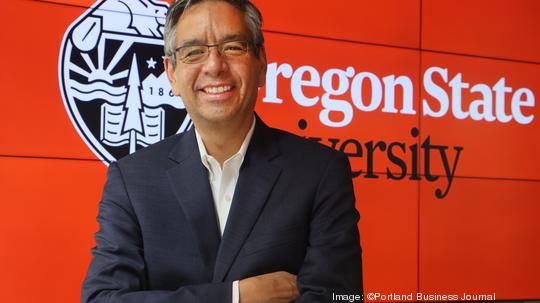
What is your advice for up-and-coming executives who want to mentor but don’t know how to start? “The easiest thing to do is just say, yes. Get involved. There are many organizations that would benefit. There is a first time for everyone. You can join a board or volunteer, whether it’s the Tech Association of Oregon or other programs. Typically, you’ll find there are plenty of people to help provide guidance. As a volunteer you are able to make of it what you choose. There are organizations where just providing occasional advice or attending a board meeting is OK. Once you are there you can develop greater insight into where the best opportunities are to take advantage of your skill set.”
